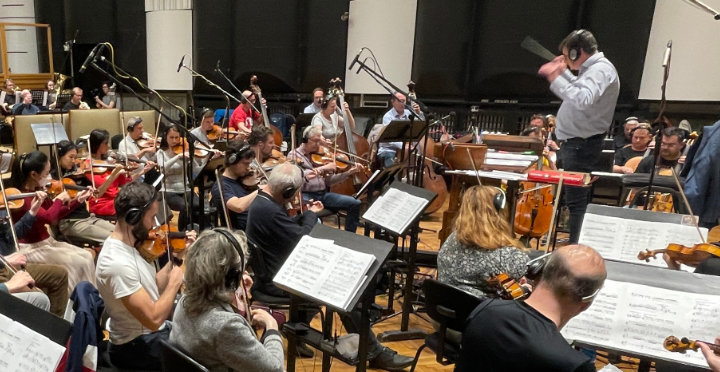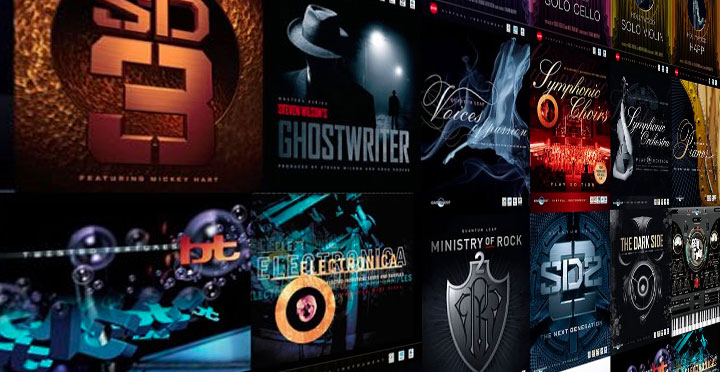If nobody gets paid the whole industry starts swirling in a spiral dive of death around the plughole of oblivion. There… that’s the essence of it.
But here’s the slightly longer reason.
It is very tempting to work for nothing and I will not deny there are times when that is perfectly justified. But in general, outside these exceptions which I will come to in a minute, you should ask for some form of payment and here’s why.
The obvious reason people work for nothing is because scoring a project and getting a credit is of more value to them than $500 in the bank. The theory goes that credits attract more credits and eventually somebody has a budget, then a bigger budget, then all of a sudden you are rich. The reason this doesn’t work is that once you start working for nothing, how do you break out of that and get paid? If the café you go into every morning gives you coffee, how would you feel if they suddenly started charging you for it? Start as you mean to go on.
Your most valuable real estate are your contacts, the people you have worked for…. for nothing. So when they come back with another project, they assume you will go on working for nothing. You end up being the busiest unpaid film composer in your city. It’s all good fun and you enjoy being able to say what you’re working on, but after a while, you realize this is going nowhere. Worse than that, all the contacts you have made are aware of the valuation you have put on your time – nothing, zip, nada. This is the dance of death that kills the spirit of hope in all but the most resilient of up-and-coming composers.
“But they haven’t got any money”. Yes they have. How do they get to the shoot? What do they eat? Of course they do – everyone has money. Did the nice person at Sony give them that camera? No. “But somebody else will come in and do it for free”, Maybe, but people value what they have to pay for. Buy a premium product and you will tell your friends of the quality. By a cheap one and you’ll say, well it didn’t cost much. In marketing people talk about the theory of cognitive dissonance. In essence the more you charge, the more people think it’s worth. If you charge nothing, they will assume it’s worth nothing. This is a gross oversimplification but it’s basically true and I expect we can all think of examples of this in action from our own lives.
How do you do it? Here’s one way. Once you have talked about the project and started mapping out how it might work, before you commit you just say right up front “my daily rate is $300 (or whatever) – is that OK?”. Then you can go from there and whatever direction the negotiations take from there you know that a marker has been put down. This isn’t the first thing you say obviously and you need to empathize with their vision, embrace the project’s ethos, exude enthusiasm and come up with great ideas, but don’t let it go too far before mentioning the M word.
Here’s another worthwhile approach. Ask the director for a budget for a couple of live musicians. The director won’t question that musicians need to be paid and can see the added value in bringing them onto her film. A budget which wasn’t there before suddenly materializes.
When you can work for nothing. There are occasions when everyone is just doing it for fun and there is absolutely no prospect of any income from the project. Film school projects are an example. Those – let’s do a movie in a weekend gigs as well. Everyone is making friends and developing their skills and there is no commercial spin at all. This is fine. We’ve all done that.
What is not fine is then to part with any rights in your music. If you are not being paid you should not assign copyright in the sound recording or the music itself to anyone else. All they need is a non-exclusive license to use your music in the context of the film. At least then you can reuse the music.
Some film schools and universities require composers to assign copyright to them. This is in my view completely unacceptable. You should challenge this every time it comes up.
When working for no fee is not the same as working for nothing. There are occasions when the possible royalty payments from a project greatly exceed any possible fee. Royalties largely come from when your music is broadcast on television, preferably free to air television. Cable and satellite doesn’t pay very much and internet streamed stuff pays almost nothing at all. But if there is any prospect of the music making this kind of income, you are often better off holding on to all the rights and getting a larger share of the royalties, if they come. Most rich composers have made most of their money from royalties.
Library music and trailers work on this basis where all the income are in royalties or licensing fees, which are shared along, agreed lines. This is a much more complicated area than we can go into now, but not being paid up front is normal with libraries and trailer companies.
Profit sharing is a variation on this. This is quite common in indie games where the composer takes 5-10% of the revenue in exchange for doing the score. So there’s no money up front but the potential for a reasonable income if it does well. Make sure you have a good contract as the fine print will matter if this indie games turns into Angry Birds or Minecraft.
Deferred payment is the equivalent in film and it normally means no payment. I have heard of people being paid after a film has been released but they are the exception rather than the rule. Deferred payment is better than no payment at all but be realistic and accept this is a slightly more respectable way of working for nothing.
So hard as it is, if you want a career writing music you need to charge people almost from day one. You will notice in some areas like film, it is more common for composers to work for nothing. This should sound alarm bells and warn you that maybe, this isn’t an area on which to be spending a lot of time. People don’t write commercials for nothing or score TV drama for nothing. If you want a career rather than a hobby, you need to set you sights on a part of the industry where there is a reasonable chance of being paid and earning a living.
If you charge nothing you are telling the world what you are worth.
We hope you enjoyed reading this blog. If you haven’t already, please like and share!
Follow us on, Facebook , Twitter and subscribe to our YouTube Channel!









































